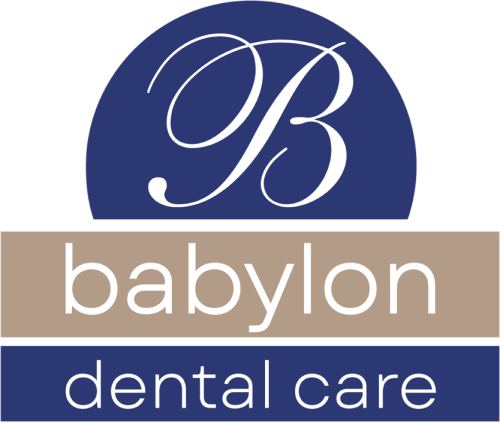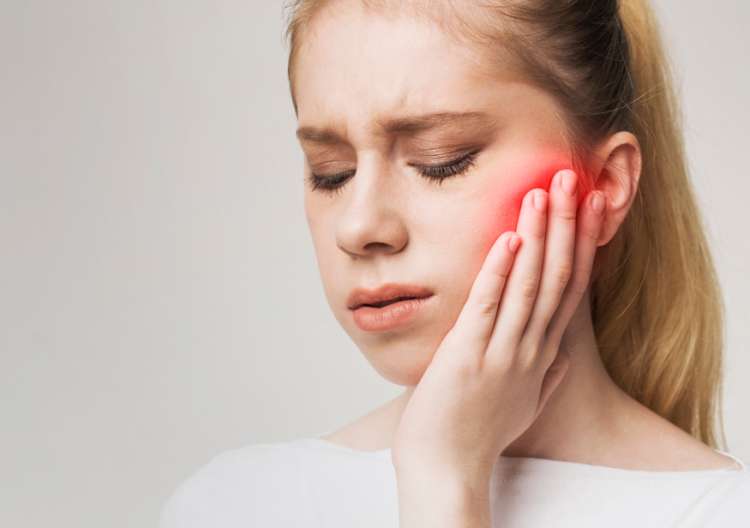 Bruxism is the medical term for the condition in which an individual grinds or clenches their teeth. Teeth grinding occurs in two forms: awake bruxism and sleep bruxism. The act of grinding or clenching teeth typically occurs unconsciously, so many people do not even realize that they are suffering with this condition. However, even when individuals are aware of their bruxism, they tend to believe it is a non-issue that does not warrant a trip to the dentist. The truth is that bruxism can cause serious damage, and not just to your teeth.
Bruxism is the medical term for the condition in which an individual grinds or clenches their teeth. Teeth grinding occurs in two forms: awake bruxism and sleep bruxism. The act of grinding or clenching teeth typically occurs unconsciously, so many people do not even realize that they are suffering with this condition. However, even when individuals are aware of their bruxism, they tend to believe it is a non-issue that does not warrant a trip to the dentist. The truth is that bruxism can cause serious damage, and not just to your teeth.
Teeth grinding can create a multitude of problems if you fail to address it. The first and most obvious consequence is weakened teeth. If you notice that your teeth are flattened, fractured, or chipped, then you may be grinding your teeth in your sleep. Bruxism can also leave you with painful and sensitive teeth that make simple tasks, like chewing, very unpleasant. What many people do not realize is that teeth grinding can also have seriously damaging effects on other parts of the body. For example, bruxism can lead to jaw, neck, and face pain or soreness, crippling headaches stemming from the temples, earache pain, damage to the inside of the cheek, and locked jaw. Bruxism is also linked to sleep disorders, such as sleep apnea, snoring, and insomnia.
Bruxism in children does not typically require treatment since the condition will fade with time. Mild cases in adults may not require treatment, especially if the teeth grinding is not causing any serious problems. However, in serious cases, seeking treatment is very important. One form of treatment is to wear a splint or mouth guard to keep teeth separated while sleeping. Your dentist will construct this device out of either hard acrylic or soft materials and mold the guard to fit your upper and lower teeth. In the most severe cases of bruxism, dental correction may be necessary. Other forms of treatment involve muscle relaxers, stress or anxiety medication, and Botox injections.
If you or your child is struggling with teeth grinding, it is important to seek the help of a dental professional. If left untreated, your bruxism can potentially lead to a number of different medical issues. To schedule an appointment with an experienced dentist, contact Babylon Dental Care today by calling (631) 983-6665.


